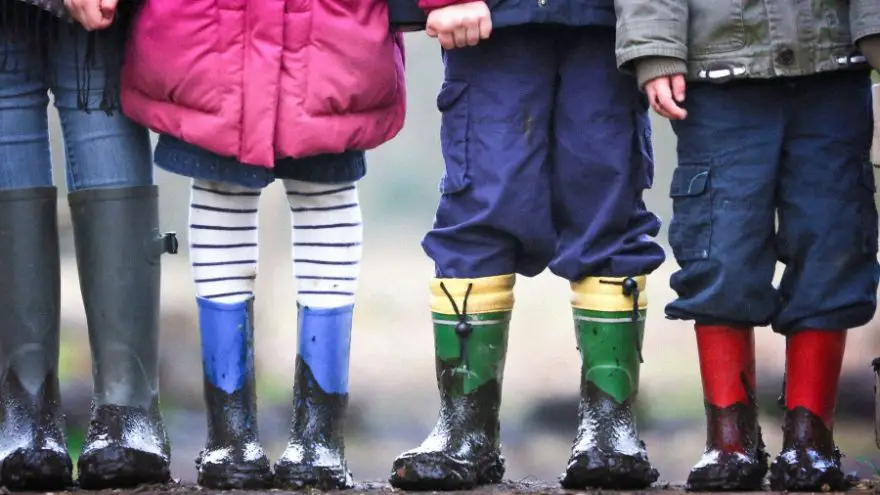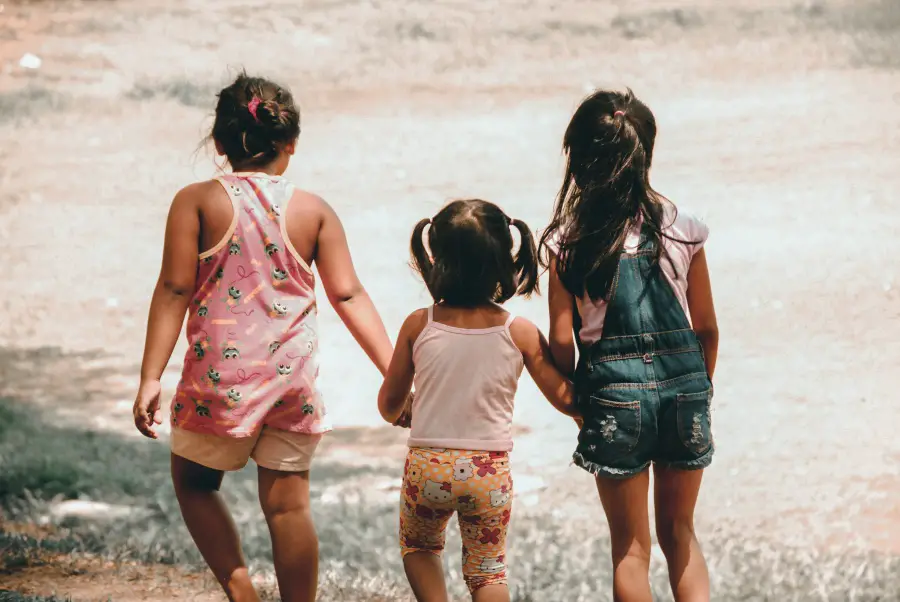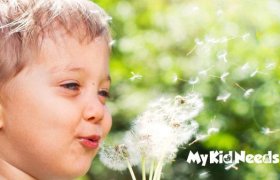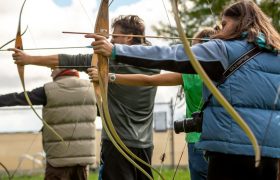Teaching Children about Invisible Disabilities

When your children start school or play with friends, people can have disabilities that are not obvious to the normal eye but the child or adult still has them. They may look normal and walk and talk normally but they might have gone through a deep tragedy like the loss of a parent that caused them great emotional turmoil called Post Traumatic Stress Disorder (PTSD). There are also kids and adults that are emotionally disturbed and this doesn’t show up either to the normal eye. The child may be allowed to be excused from class if he or she is having a meltdown and go to their ED teacher or Emotionally Disturbed is the longer word for it. Some children have problems where they need meds during the day at school but the child doesn’t have to tell their friends what it is. These children too are normal to the outside eye but no one knows what goes on in their mind and the fears they face. Just because a person is efficient and smart in school doesn’t mean they don’t have an invisible disability. This is why parents should teach their children to respect everyone at school and out of school because they never know what has happened to their peers.
Kids with disabilities are bullied more than kids without disabilities. The students with hidden or invisible disabilities like dyslexia, hearing problems, allergies, asthma, anxiety, speech problems, and mild autism are actually more vulnerable to being bullied. When kids disabilities are hidden, other students don’t have a high enough emotional IQ to understand these children. Kids gravitate to kids who they have something in common with and anyone who stands out in the crowd becomes the lonely child and this is where bullying comes in.
Students should be recognized for being unique and sometimes people see the differences and sometimes they can’t. Talk to your kids specifically about all the strengths and challenges everyone has. Parents should talk to their kids about how do they feel about success and doing well and then speak to them about the child that stands alone. This child has feelings too and wants to be a success. Some children wear glasses and hearing aids, and some children are called out in class for not listening. Many bullies have made fun of children with glasses and those that have problems hearing. They also snicker if a peer is spotted out in class.
Talk to your child in detail about the wide variety of disabilities and make sure the conversation is age-appropriate to their grade level. Your child might even ask you what a disability is? They might mention a few children in school that have wheelchairs. That’s when you talk to them about the disabilities they don’t see that affects these children’s attitudes and behavior in school. If a child is stressed out and having a meltdown, it’s not their fault if they act out but it might be the only way the child can handle the stress. Be honest to your child if they are concerned about a student’s behavior so maybe next time your child can be more helpful to their friend in school.
 Autistic children can’t handle noise and crowded places so they tend to cover their ears a lot. If your child asks why this happens, just explain that the noise is too much for them because they have super sensitive hearing. Talk to your child and tell them that everyone is created differently so people all react differently to the five senses they have which are sight, touch, hearing, feeling and smell. Teach your child the basics of philosophy which are honesty, truth ethics, and fairness to all. This way they learn how to give everyone a chance. Unfortunately, all people don’t get along with everyone they meet in life but they should still respect the person.
Autistic children can’t handle noise and crowded places so they tend to cover their ears a lot. If your child asks why this happens, just explain that the noise is too much for them because they have super sensitive hearing. Talk to your child and tell them that everyone is created differently so people all react differently to the five senses they have which are sight, touch, hearing, feeling and smell. Teach your child the basics of philosophy which are honesty, truth ethics, and fairness to all. This way they learn how to give everyone a chance. Unfortunately, all people don’t get along with everyone they meet in life but they should still respect the person.
Remember to be open and don’t dismiss the fact that there are kids out there with invisible disabilities. Parents worry about saying the wrong thing about another child so they don’t want to hurt anyone’s feelings. Kids have a natural sense of curiosity so teachers should have a space that is comfortable to talk and ask and answer questions if a student is curious about disabilities. It’s worse to ignore a disability because it becomes a negative thought and kids become frightened. It’s always good to be positive and not pinpoint the child your child is asking questions about.
Talk about the correct language to use in regards to a person with a disability. This is the correct way to say this and don’t call them disabled people because then it becomes a label. Remind them that there are slang words for people with disabilities that are forbidden and tell your child what the words are. Words can hurt and once said, they can’t be taken back so this causes problems when slang, mean words are used.
Set some boundaries, so your child knows what is expected out of them and how they should react to a bullying situation. Encourage your child to be friendly and kind to all the students in their class and in their school, including the children with invisible and visible disabilities.
Talk to your kids about bullying and make the conversation direct. If you the parent see a situation going on in school, don’t pick on the specific student but try to understand the problem at hand. Kids are happy when they know a supportive adult is around when the bullying starts and they can discuss the issue with these adults at the moment.
Students should get to know one another. Teachers should ask their class what’s new in the morning with their lives and their families and look for something common for the students with invisible disabilities. It’s important that everyone understands each other so a caring environment is created, and maybe bullying could almost be non-existent. Class meetings can also be held so kids can discuss the negative consequences of bullying. This helps to build a strong class of students who understand their community and also they can learn about how to settle a conflict.
Kids should also meet adults with disabilities and this can be done by having them do a report on some famous people who were considered disabled in their era and ended up becoming a genius, even though they had an invisible disability. The school can also bring in some adults with disabilities or even some famous athletes to talk to children and answer their questions. This is also a safe area for children to understand about people with invisible disabilities and how they succeeded in life.






